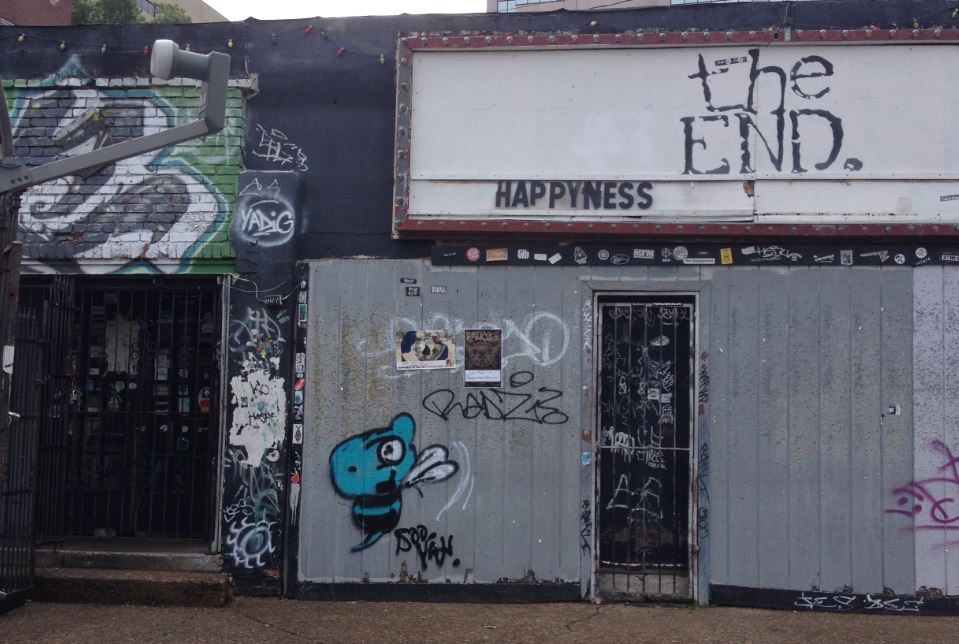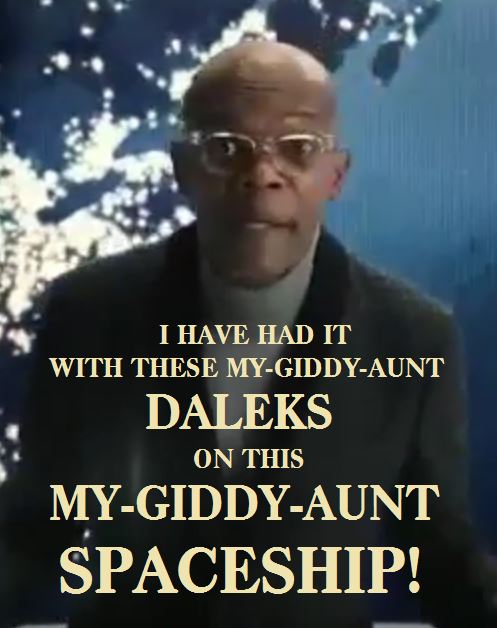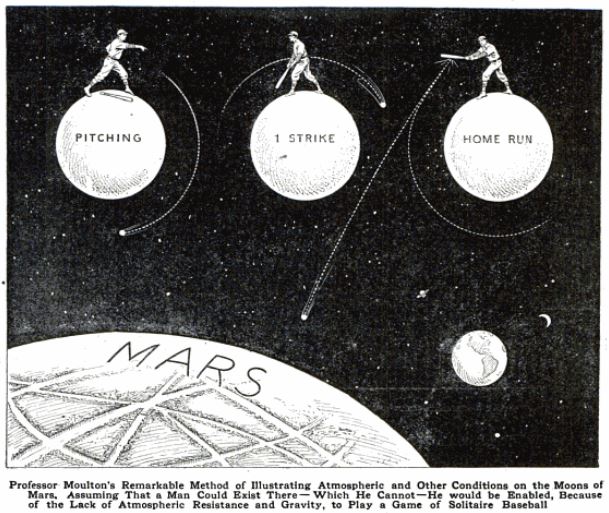Going The Wrong Way.
It had started to drizzle. This time, however, I hadn’t gone off and left my umbrella in my office. If I had I wouldn’t have hesitated to turn around and go get it. No, I’d left my umbrella at home. I’d just left the building where I worked and noticed a lot of people standing at the bus stop right across the street and the bus was approaching. There were just one problem: the bus was going the wrong way. Also even if this particular bus were going the right way it would not only take me far away from where I lived, its final stop was a parking lot/recycling center almost at the edge of the county. It’s really convenient for people who live in that area. They can park their cars at the recycling center in the morning, catch the bus into town, and then in the afternoon come back to find their car windows smashed in and their radios stolen, but that’s another story.
And that’s when it hit me. This bus was going downtown. All the way downtown. It was going to the depot where all the other buses go. The bus route map is like a giant spider web, a circular one, except the spider is clearly drunk and has been eating some really weird insects which is why there are no straight lines and the threads are all different colors. I probably should have stopped that simile before it went too far. The important thing is rather than walking in the light rain the usual mile to my usual bus stop I could hitch a ride all the way downtown and catch an outgoing bus from the depot.
Yes it would cost twice as much—years ago drivers used to give out paper transfers that were ten cents and that expired within half an hour, which never really mattered because no driver really bothered to look at the time stamp on a transfer. I once found a month old one in my pocket and a driver took it without a second look. Then they upgraded to a new automated system and scrapped the transfers. That didn’t bother me. I’d rather pay two fares and stay out of the rain.
And my plan worked perfectly. When I got to the bus stop near my home it wasn’t drizzling anymore. It was pouring.















